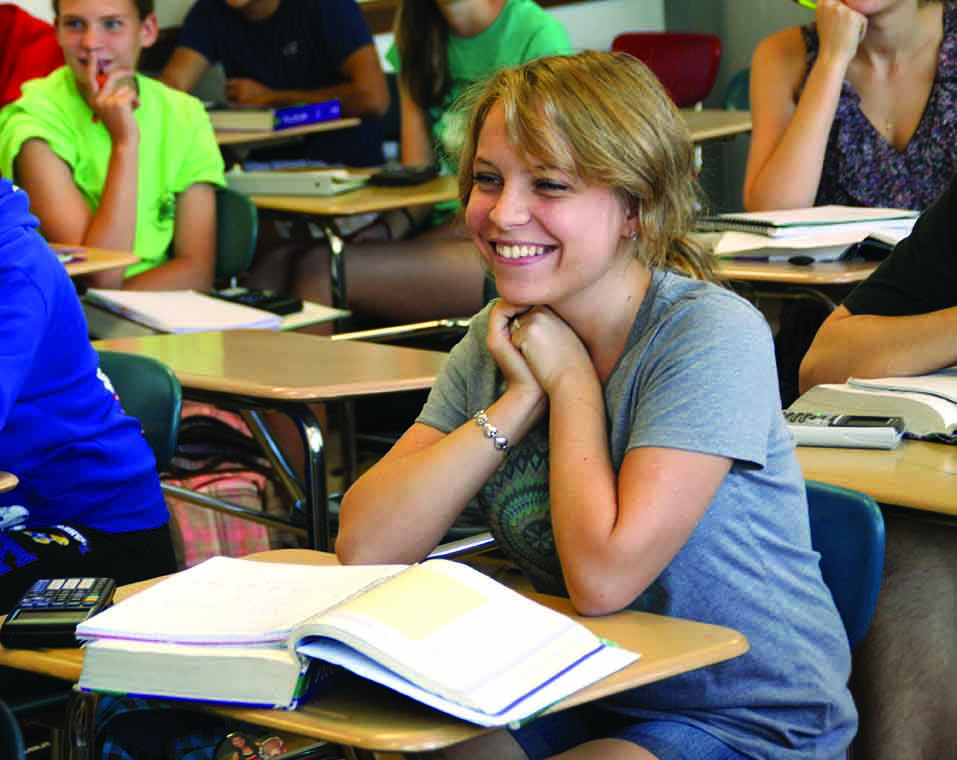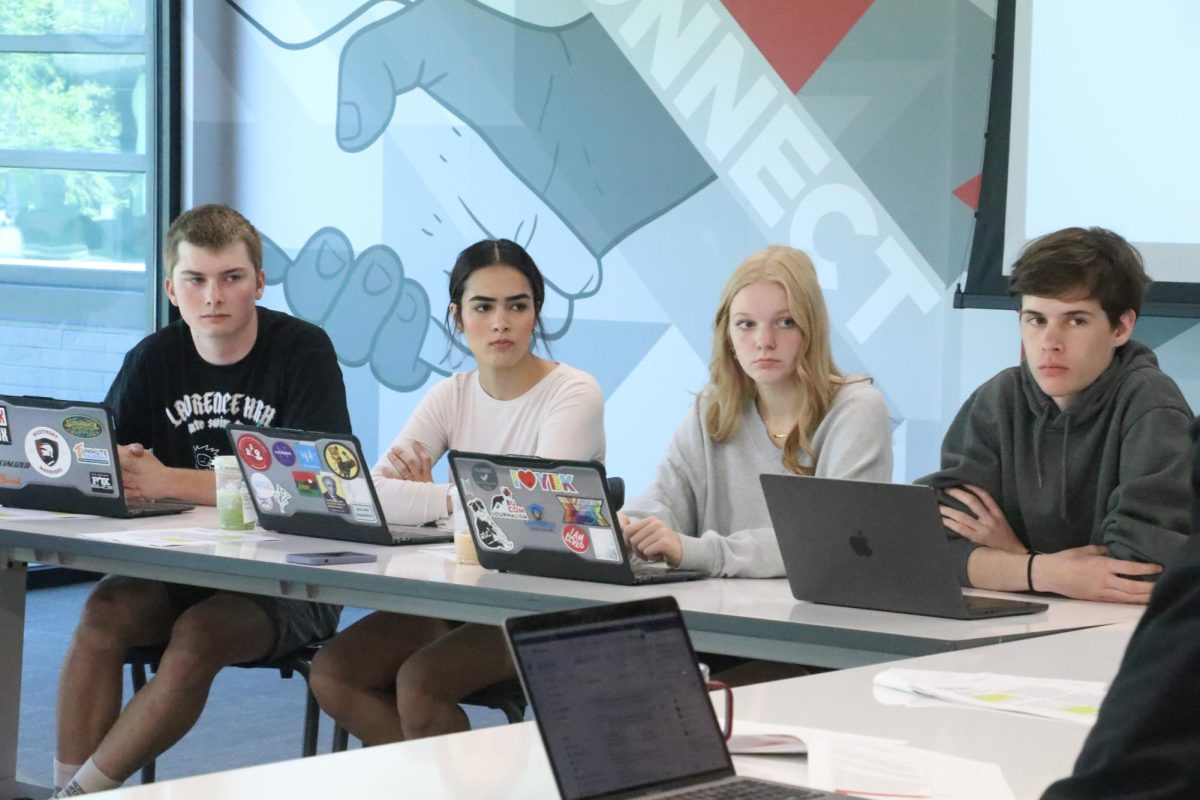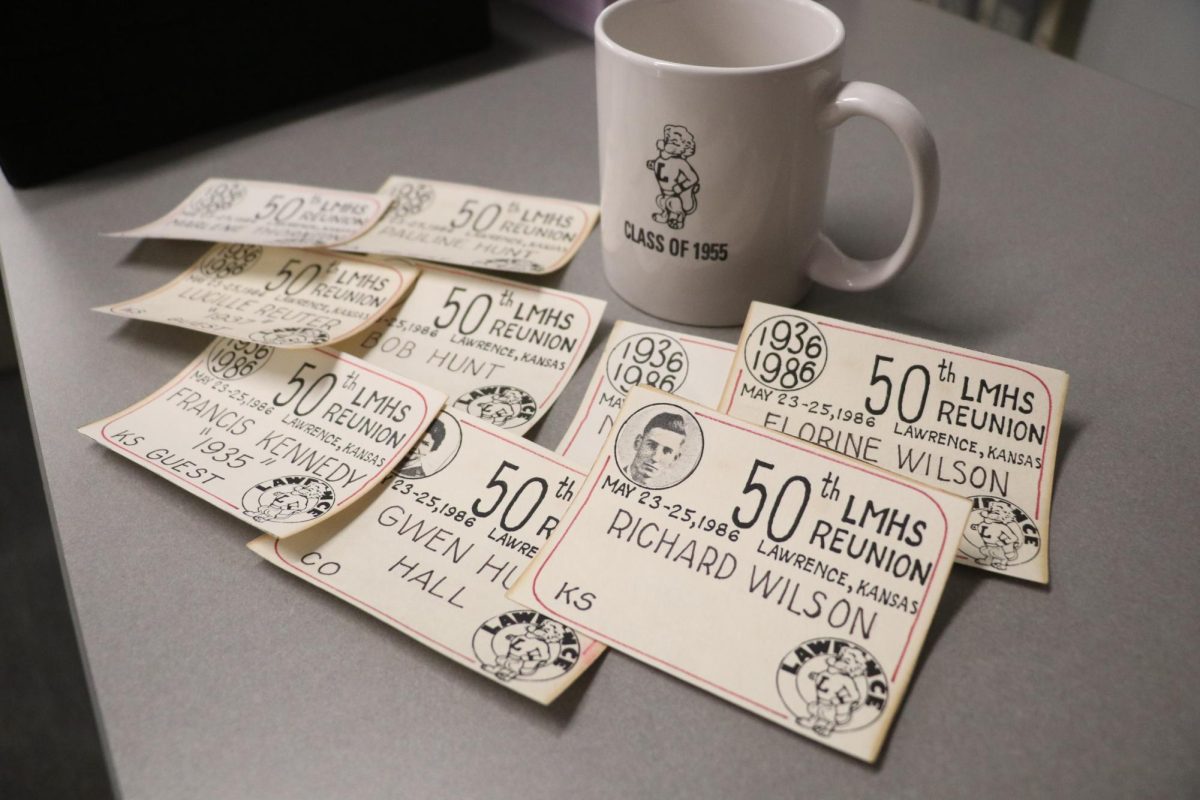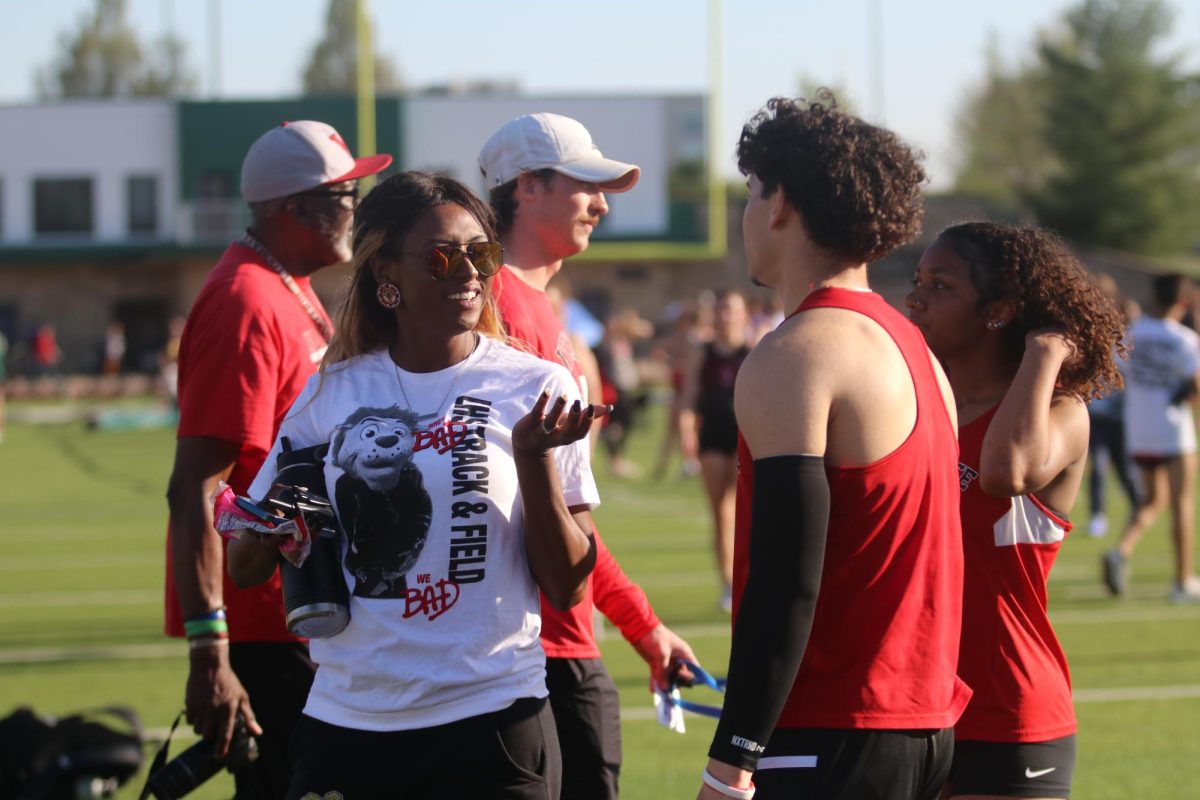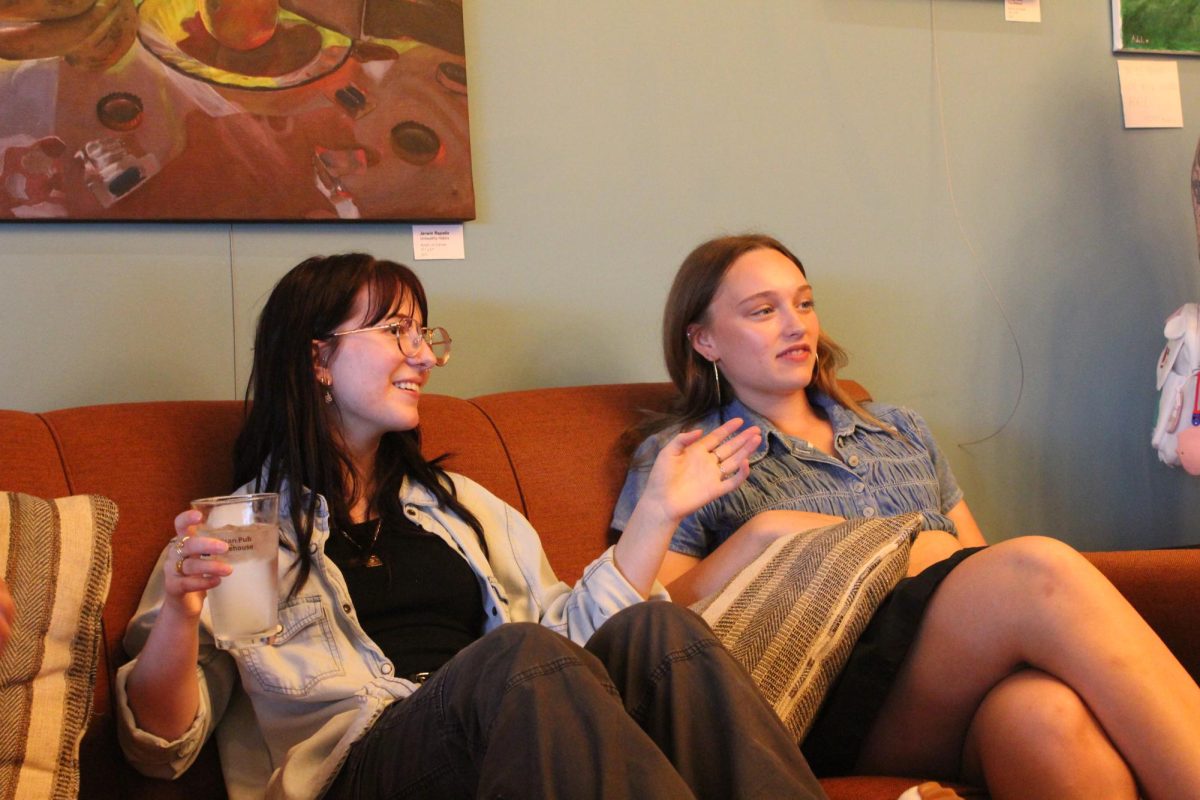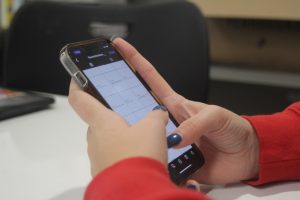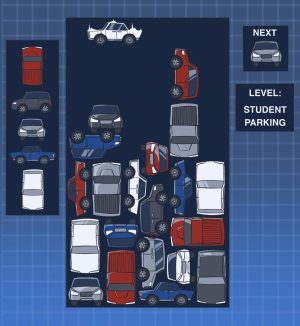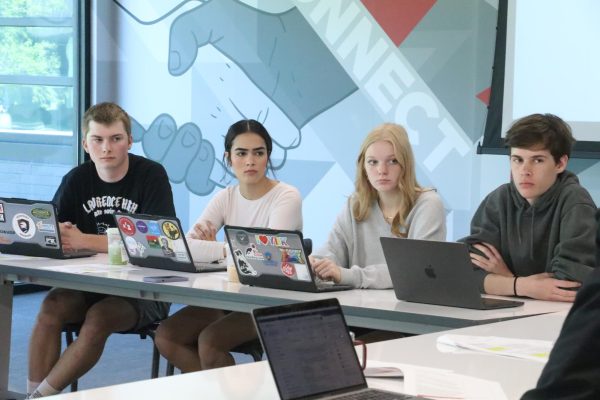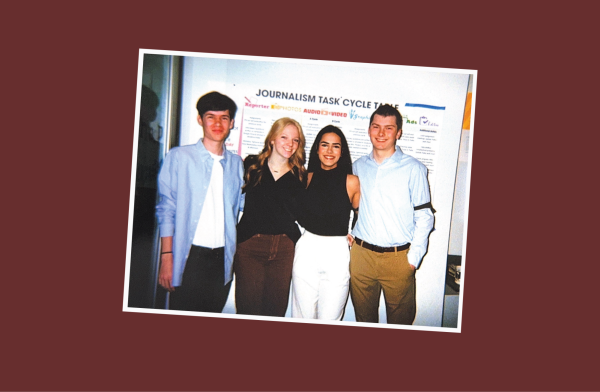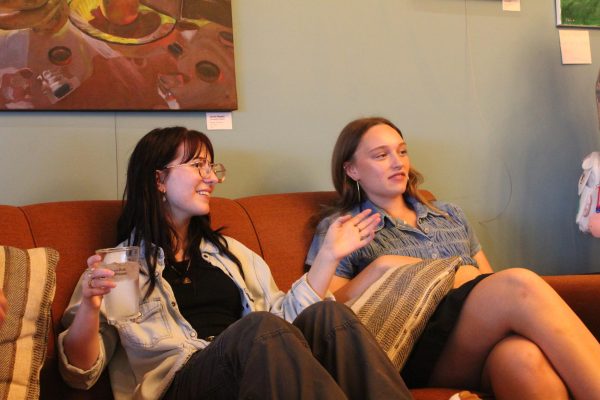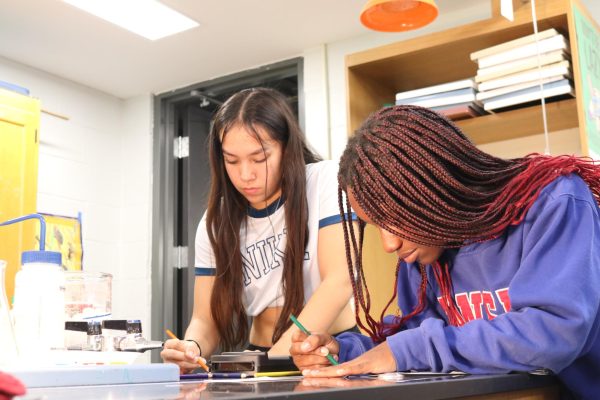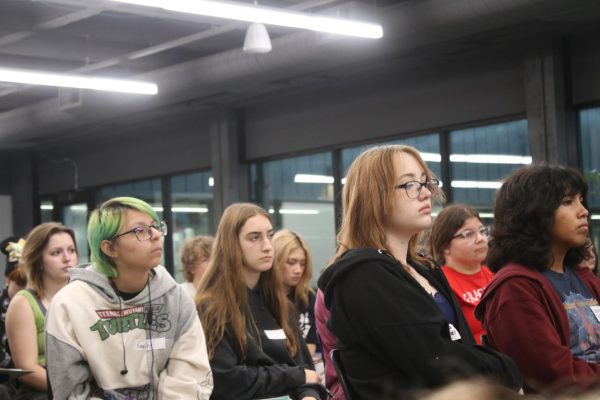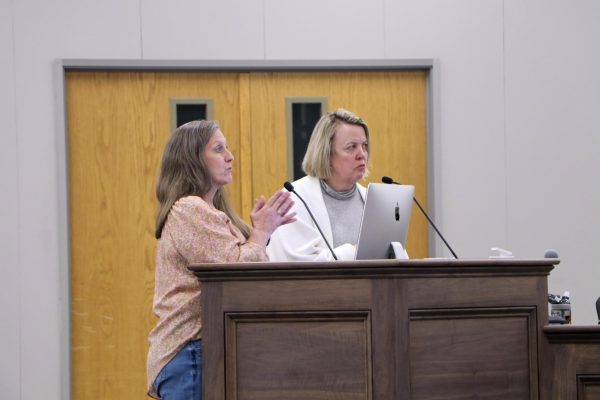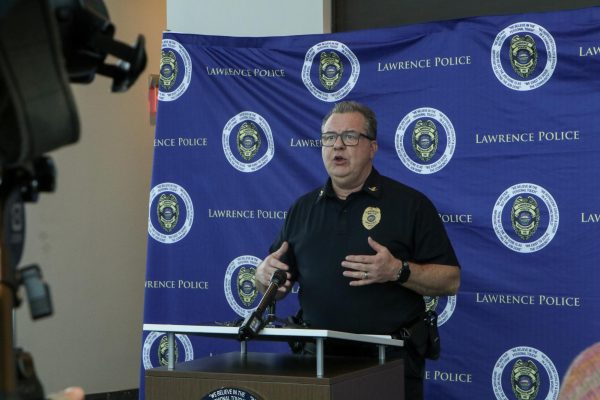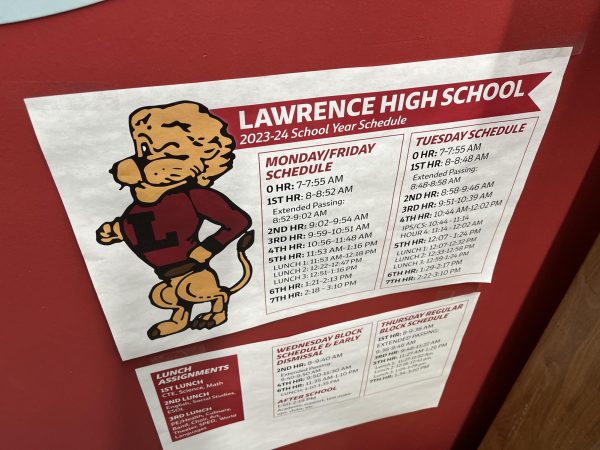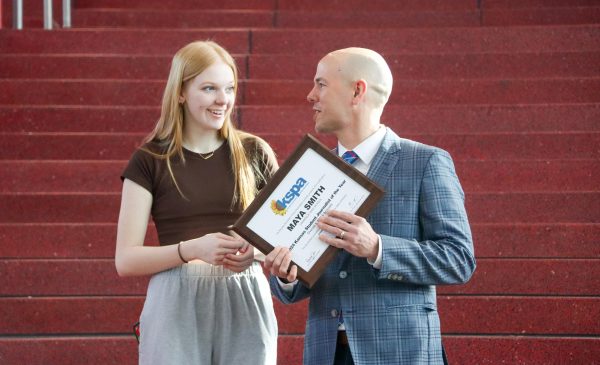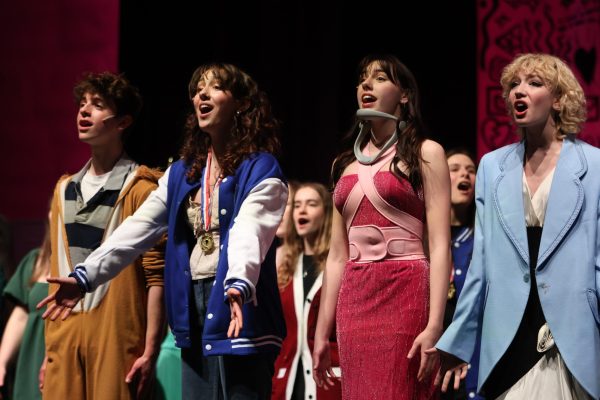Ukrainian student excels in math
October 3, 2013
For most students, math is hard enough without having to worry about a language barrier.
However, for Ukrainian exchange student, junior Polina Merezhko, the fact that English is her second language does little to hinder her success in math class.
Although it did not take long for Merezhko to excel in her pre-calculus course, she initially feared she wouldn’t be successful.
“[The] first week was awful. I received a C+ just because I couldn’t understand all of the tasks,” Merezhko said. “They were so difficult, and I was like, ‘Maybe I should take Algebra I for the little kids.’ ”
One of the biggest hurdles Merezhko faced was using a graphing calculator.
“I haven’t tried to use graphing calculators. All my class were doing it and I was like, ‘How can I do this?’ ” Merezhko said. “Even with multiple big numbers, we are not allowed to use [calculators] in any class in Ukraine.”
Despite her shaky start, Merezhko soon got affirmation from her teacher, Stephanie Magnuson. Instead of taking Pre-Calculus, Magnuson suggested she should be enrolled in Calculus.
“I felt her math IQ was very high, and she should be in a class that would challenge her to learn new material rather than merely new ways to complete tasks she already understands,” Magnuson said.
Merezhko’s recent success in class can partially be attributed to a different approach to education in Ukraine. As her American counterparts were learning a lengthened strategy to complete the square, Merezhko and her Ukrainian classmates solved the same problem in half the time.
“In Ukraine, we would always try to find something the easiest way, and we’d do it,” Merezhko said. “But in America, [it is] difficult to understand why they are doing this way when it’s just so simple.”
Although Merezhko finds this specific element of American schooling difficult, she generally sees education here as being simpler.
“The tasks are so easy. [In America], the tasks are usually to find an answer, but in Ukraine we usually have tasks for analyzing something,” Merezhko said. “Like we haven’t got enough numbers to have an answer, so we should think a little more.”
The students in Merezhko’s pre-calculus class both admire and envy her math skills. Magnuson and Merezhko’s classmates have not only embraced some of the new techniques that Merezhko has introduced but have begun to adopt a few of them in solving math problems.
Not only does the class enjoy Merezhko’s new techniques, but they also get a unique cultural experience simply by having her in class.
“Lawrence High students are so incredibly fortunate to be exposed to so much diversity within our school,” Magnuson said. “Polina allows us another opportunity to be indirectly exposed to a culture we may otherwise have known nothing about.”
One of her classmates, sophomore Abby Hosek appreciates the new diversity of having a Ukrainian student in the classroom as well as the methods that Merezhko has introduced.
“I wish that teachers would teach us more about word problems, because she always is really fast at them,” Hosek said. “So if we would’ve learned how to do that younger, like she did, [the problems] would be a lot easier.”
The idea that Merezhko has such ardent involvement in the teaching that occurs in her Pre-Calculus class is in sheer contrast to the lecture-style teaching in her school in Ukraine.
“It helps to have these teachers because the teachers love the subject, and if you love something you always can be successful in it,” Merezhko said. “But in Ukraine, we always have a lot of homework, which we do at home, but it’s boring and the teachers are a little boring. American teachers are trying to lead the new ways. They know what is Facebook. They are on Facebook. But Ukrainian teachers [don’t] like the new ways of communication; like they’re very old school guys.”
Merezhko was surprised to realize that many of the American teachers are “more like friends than teachers” as well as the multitude of classes offered, specifically the electives.
“Our education is much more about just education,” Merezhko said. “So we must be good at math and physics and all this science, and we shouldn’t be good at like, art. But in American school I think it’s not like this. You can be good at art and science and whatever you want.”
Although Merezhko continues to receive Ukrainian tutoring via Skype, she appreciates the sociocultural knowledge she gains through American education.
“I am really waiting to come back and tell my friends about my experience here and all the things about American school and about American lifestyle,” Merezhko said. “So I’m trying to study all of the same things my classmates are studying now in Ukraine so I will be able to pass my finals — to pass them good — and go to university.”



